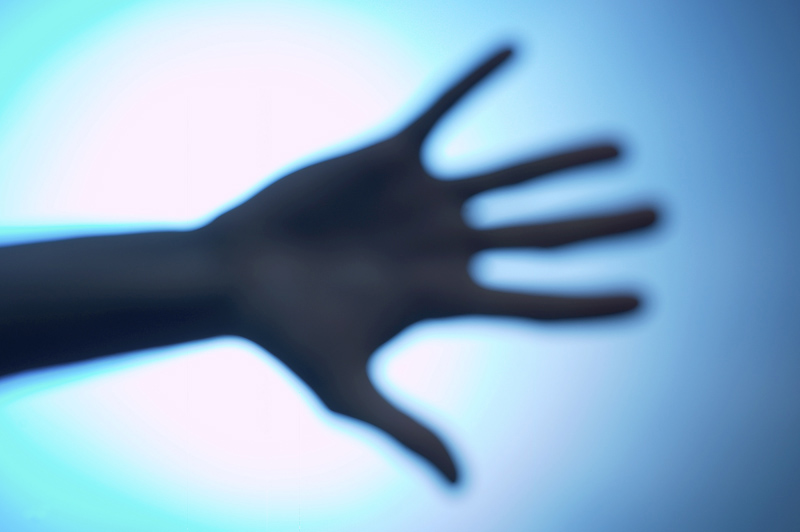
(HealthDay News) — A spinal disk becomes herniated when the inside contents bulge out from a weakened portion of the disk and put pressure on surrounding nerves.
The resulting pain may affect the leg, foot or hip if the slipped disk is in the lower back. A herniated disk in the neck can cause pain in the upper back and shoulders.
The ADAM Encyclopedia says painful symptoms of a herniated disk tend to worsen:
- After you have been sitting down or standing for a long period.
- During the night.
- When you laugh, cough or sneeze.
- When you walk, even a short distance.
- When you bend over backward.

